Description
Pantothenic Acid (Vitamin B5): The Everywhere Nutrient You Need
Pantothenic acid, also known as vitamin B5, is a water-soluble vitamin that plays a vital role in numerous bodily functions. Its name, derived from the Greek word “pantos” meaning “everywhere,” hints at its widespread availability in various foods. This makes deficiency rare, but understanding its importance is crucial for optimal health.
What Does Vitamin B5 Do?
Pantothenic acid is a key component of Coenzyme A (CoA), a critical enzyme essential for a wide range of metabolic processes. These processes contribute significantly to:
- Energy Production: CoA is vital for the breakdown of carbohydrates, proteins, and fats, converting them into usable energy. Without sufficient B5, your body might struggle to efficiently extract energy from the food you eat.
- Hormone Synthesis: Vitamin B5 plays a crucial role in the production of adrenal hormones, including cortisol, which helps manage stress and regulate blood pressure.
- Cholesterol Metabolism: CoA is essential for the synthesis and metabolism of cholesterol, a vital component of cell membranes and hormone production.
- Red Blood Cell Production: Though indirectly, B5 supports healthy red blood cell formation by contributing to lipid metabolism, critical for red blood cell membrane structure.
- Skin and Hair Health: Some studies suggest that pantothenic acid may contribute to skin hydration and promote healthy hair growth.
Sources of Vitamin B5:
As the name implies, pantothenic acid is readily available in a wide variety of foods. Excellent sources include:
- Animal Products: Beef, chicken, fish, eggs, and dairy products.
- Vegetables: Mushrooms, avocados, sweet potatoes, broccoli, and corn.
- Legumes: Lentils, beans, and peas.
- Whole Grains: Brown rice, oats, and whole wheat.
- Other Sources: Sunflower seeds, peanuts, and brewer’s yeast.
The abundance of pantothenic acid in various food groups makes it relatively easy to obtain adequate amounts through a balanced diet.
Vitamin B5 Deficiency: Rare But Possible
Due to its wide distribution in foods, pantothenic acid deficiency is uncommon in developed countries. However, severe malnutrition or certain genetic conditions can lead to deficiency. Symptoms of pantothenic acid deficiency may include:
- Fatigue and Weakness: Due to impaired energy metabolism.
- Headaches: Related to hormonal imbalances and impaired energy production.
- Numbness and Tingling in Hands and Feet (Paresthesia): Potentially linked to nerve function impairment.
- Sleep Disturbances: Possibly due to hormonal imbalances and difficulty regulating stress.
- Digestive Issues: Nausea, abdominal cramps, and loss of appetite.
Who Might Need More Vitamin B5?
While general deficiency is rare, certain individuals might benefit from ensuring adequate intake:
- Individuals with Malabsorption Issues: Conditions like Crohn’s disease or celiac disease can impair nutrient absorption, potentially affecting B5 levels.
- Individuals with Alcohol Abuse: Excessive alcohol consumption can interfere with nutrient absorption and utilization.
- Athletes: Intense physical activity can increase energy demands, potentially requiring slightly higher B5 intake.
Supplementation and Safety:
Pantothenic acid is generally considered safe, even at high doses. However, very high doses (over 10 grams per day) may cause mild digestive upset, such as diarrhea.
If you suspect you may be deficient in vitamin B5, it’s best to consult with a healthcare professional before starting any supplementation. They can assess your individual needs and determine the appropriate dosage.
Conclusion:
Pantothenic acid (vitamin B5) is an essential nutrient that plays a crucial role in energy production, hormone synthesis, and overall metabolic function. While deficiency is rare due to its widespread availability in foods, ensuring adequate intake is vital for optimal health. By incorporating a balanced diet rich in various food groups, you can easily meet your daily pantothenic acid needs and support your body’s essential processes.

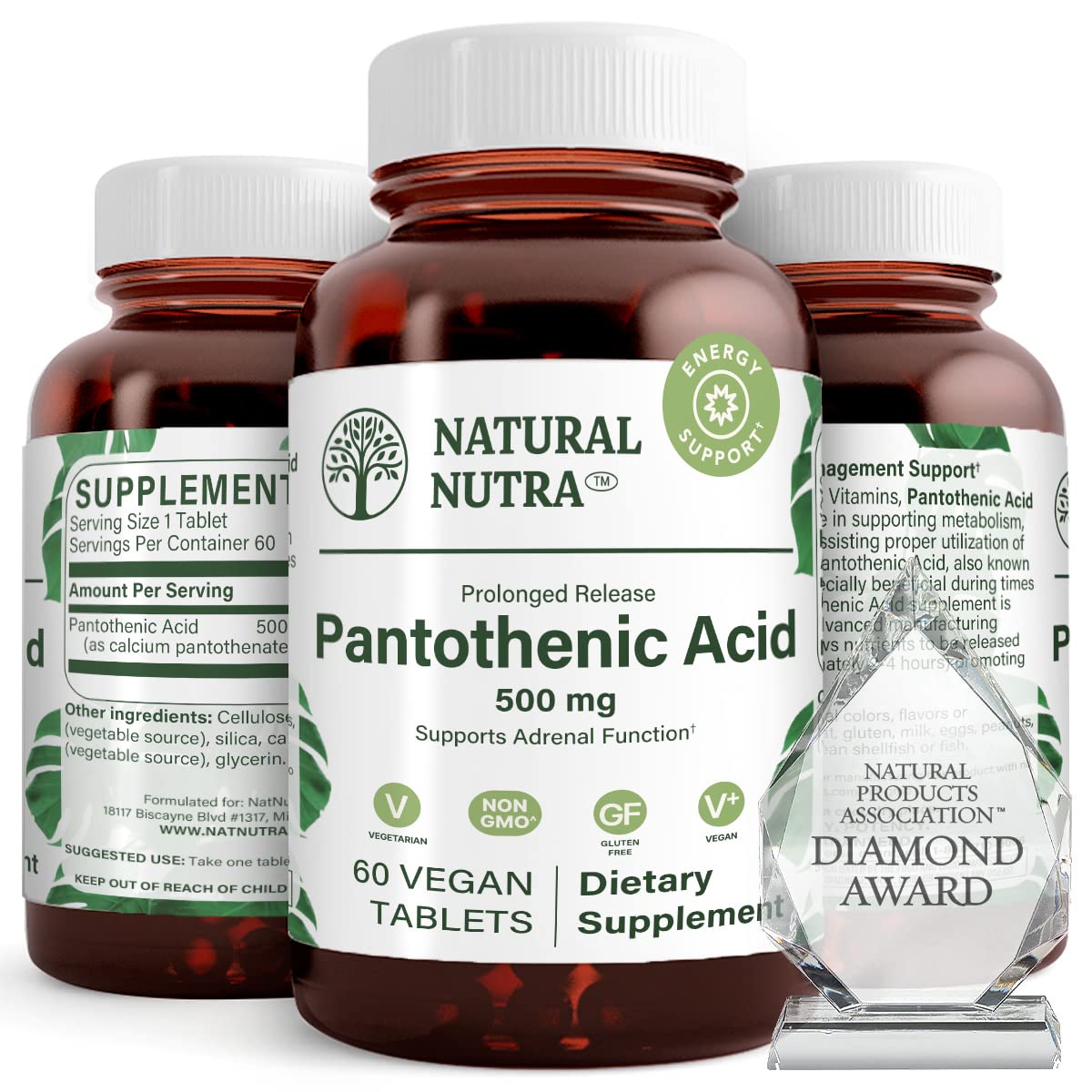
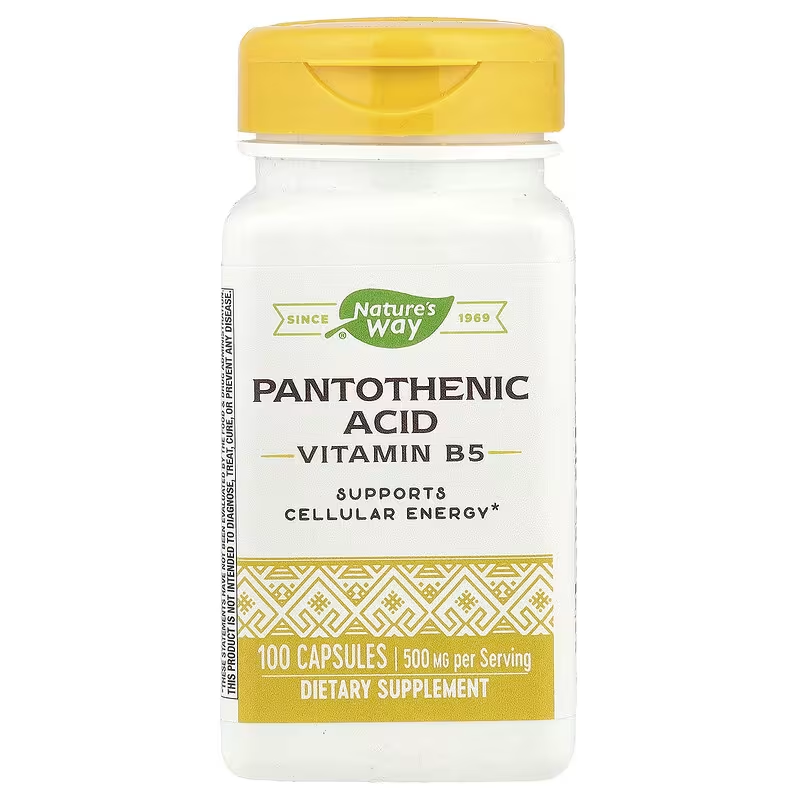
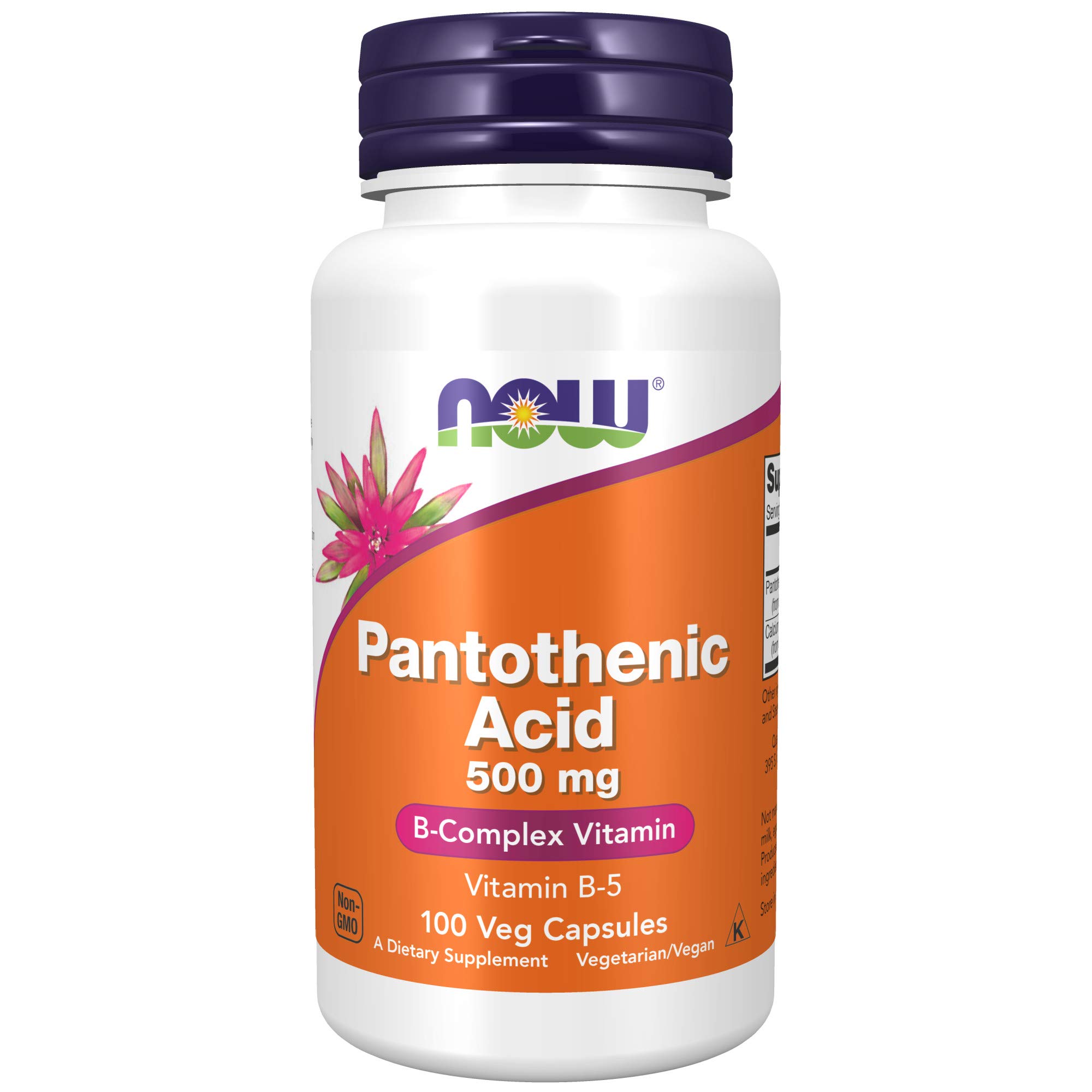
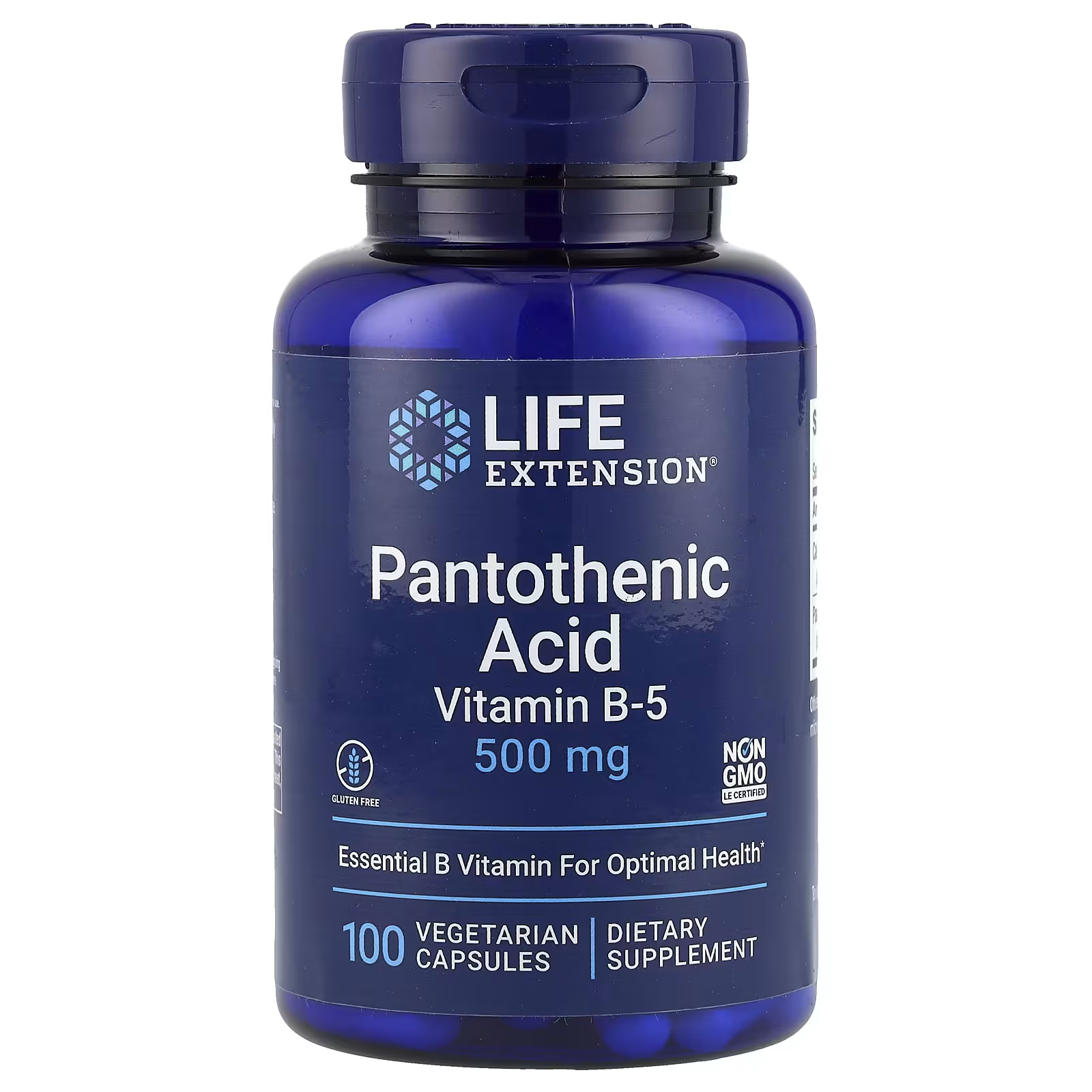
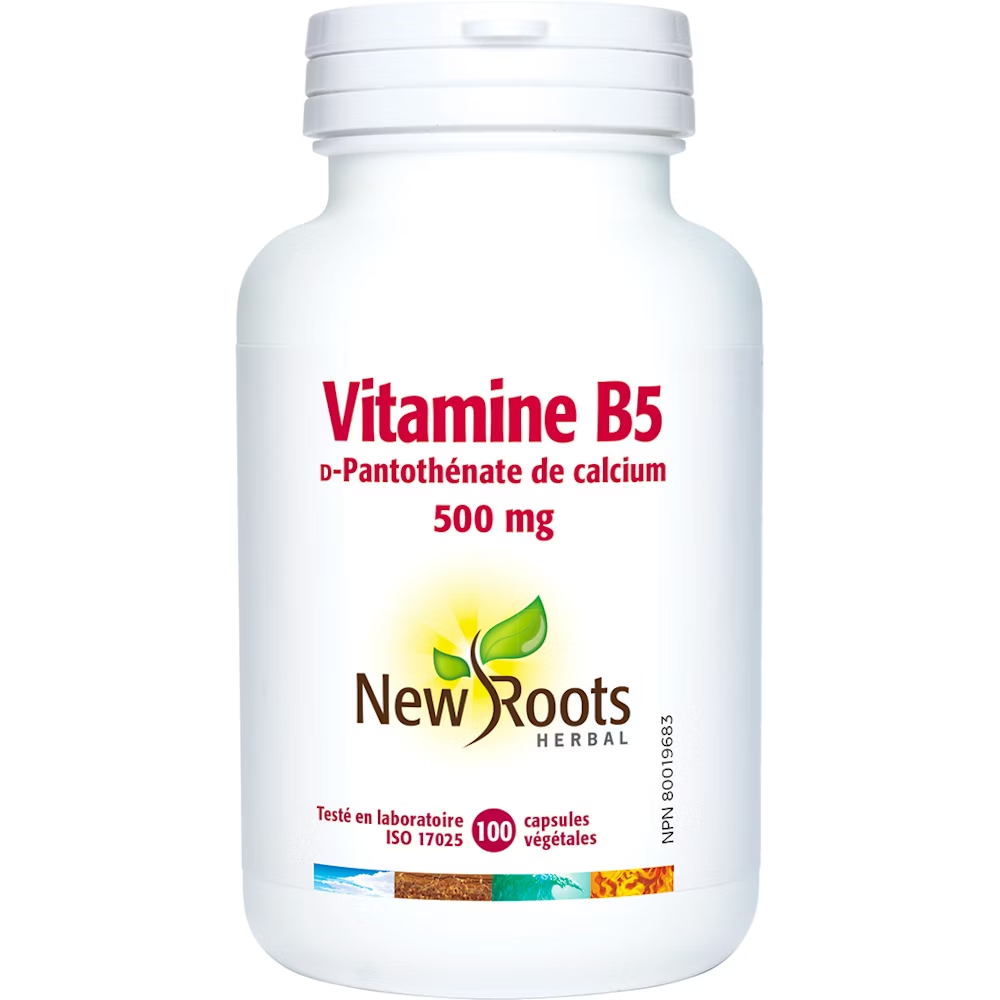
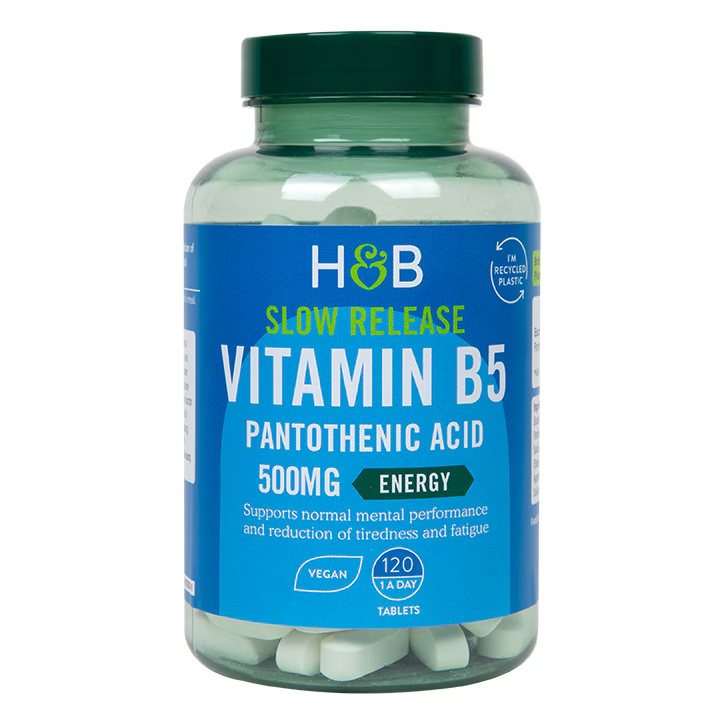
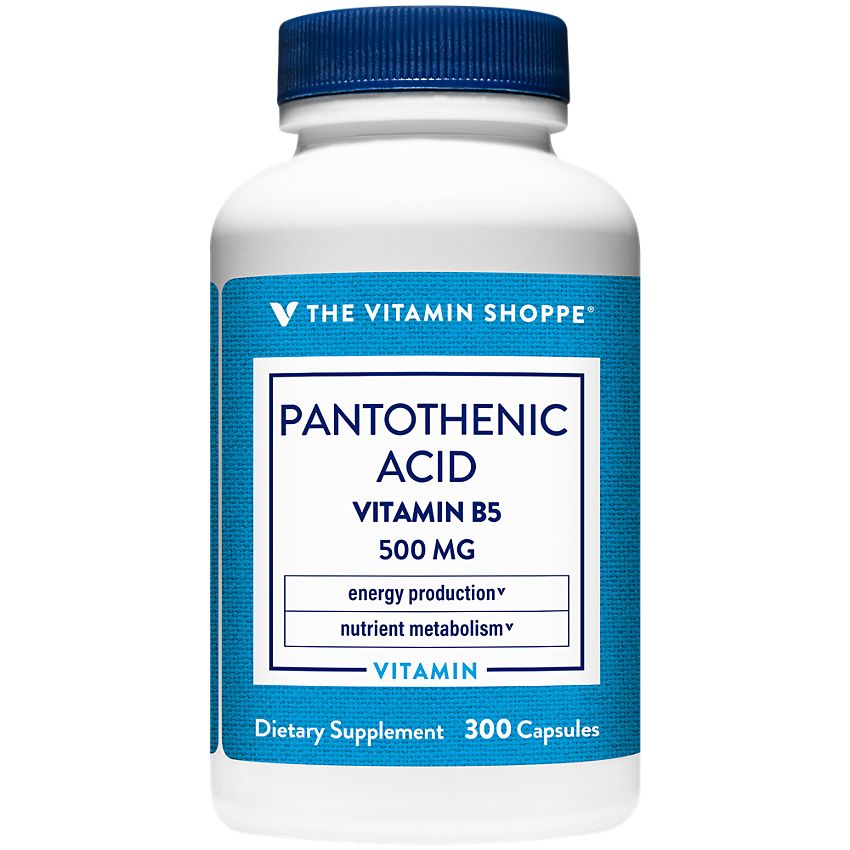
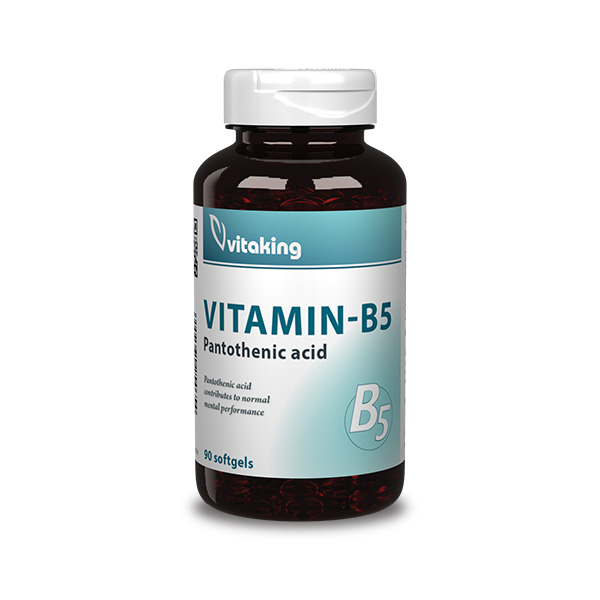
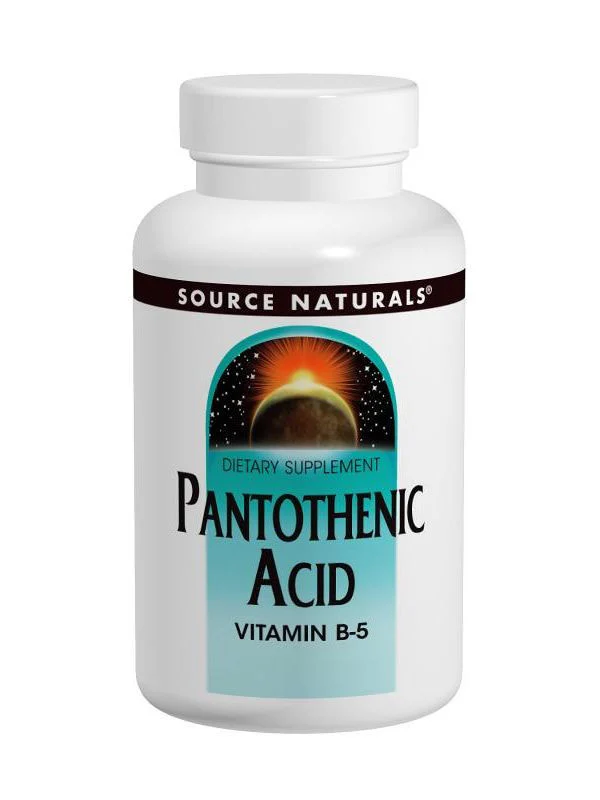
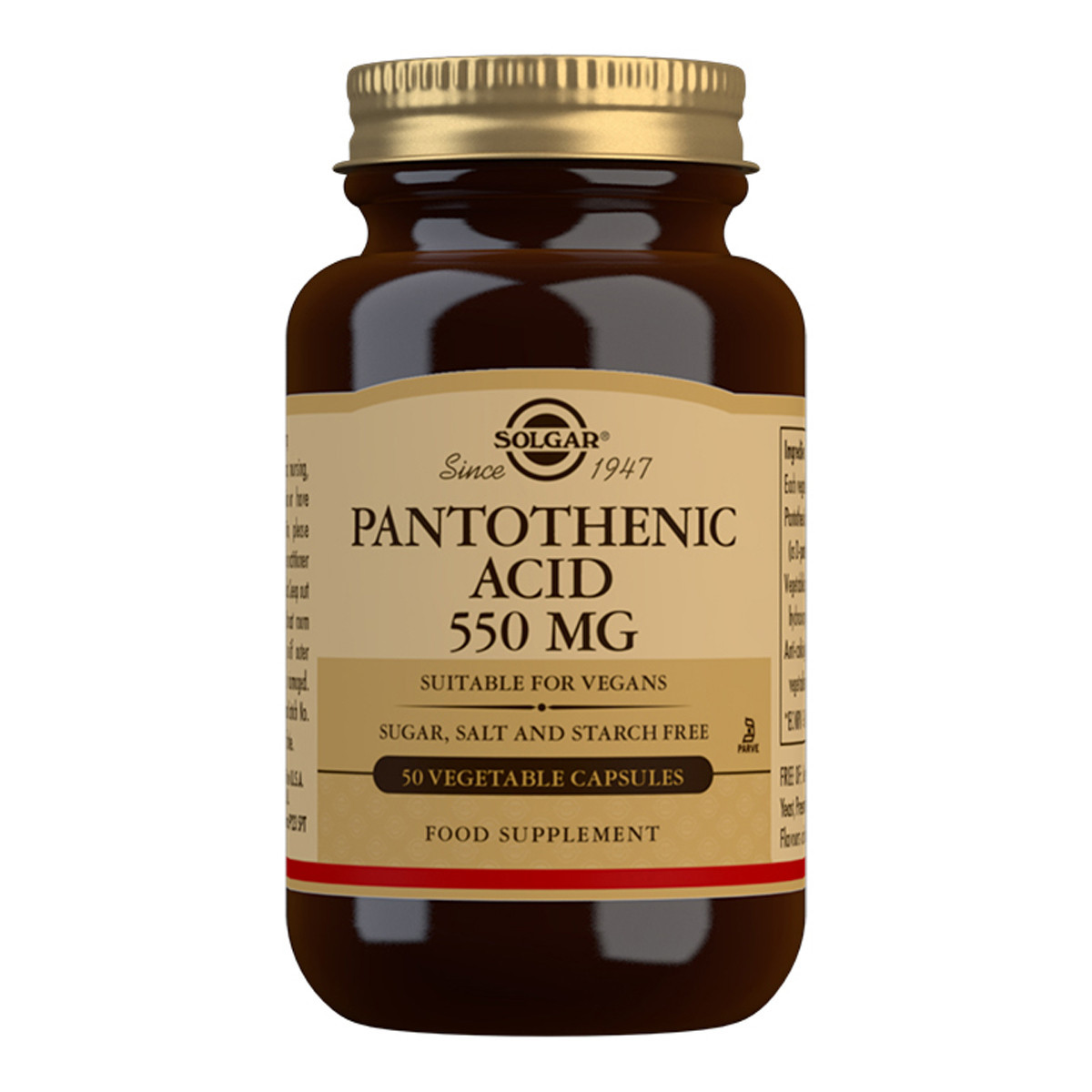
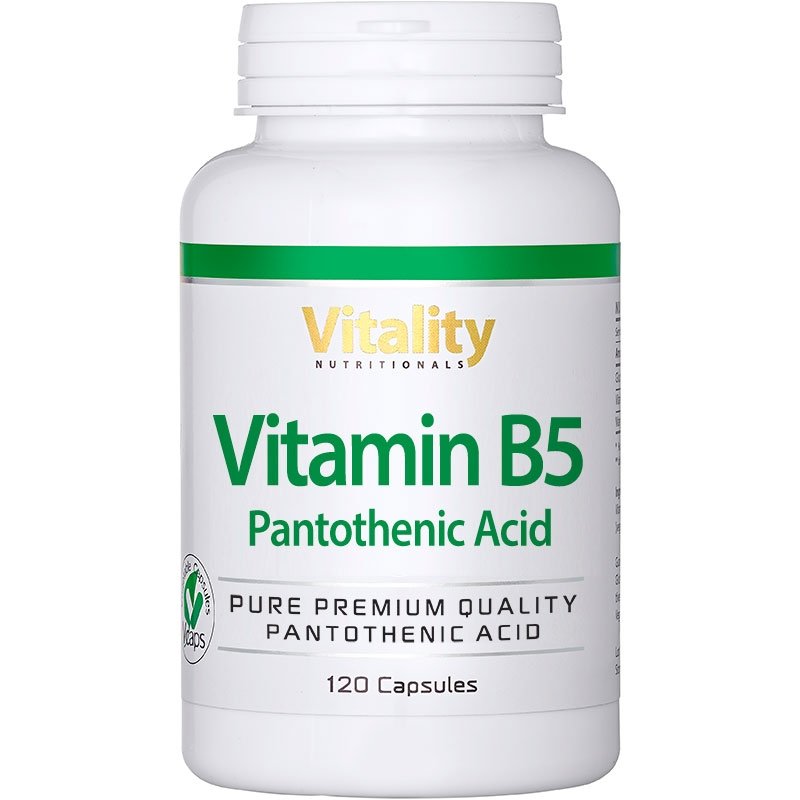
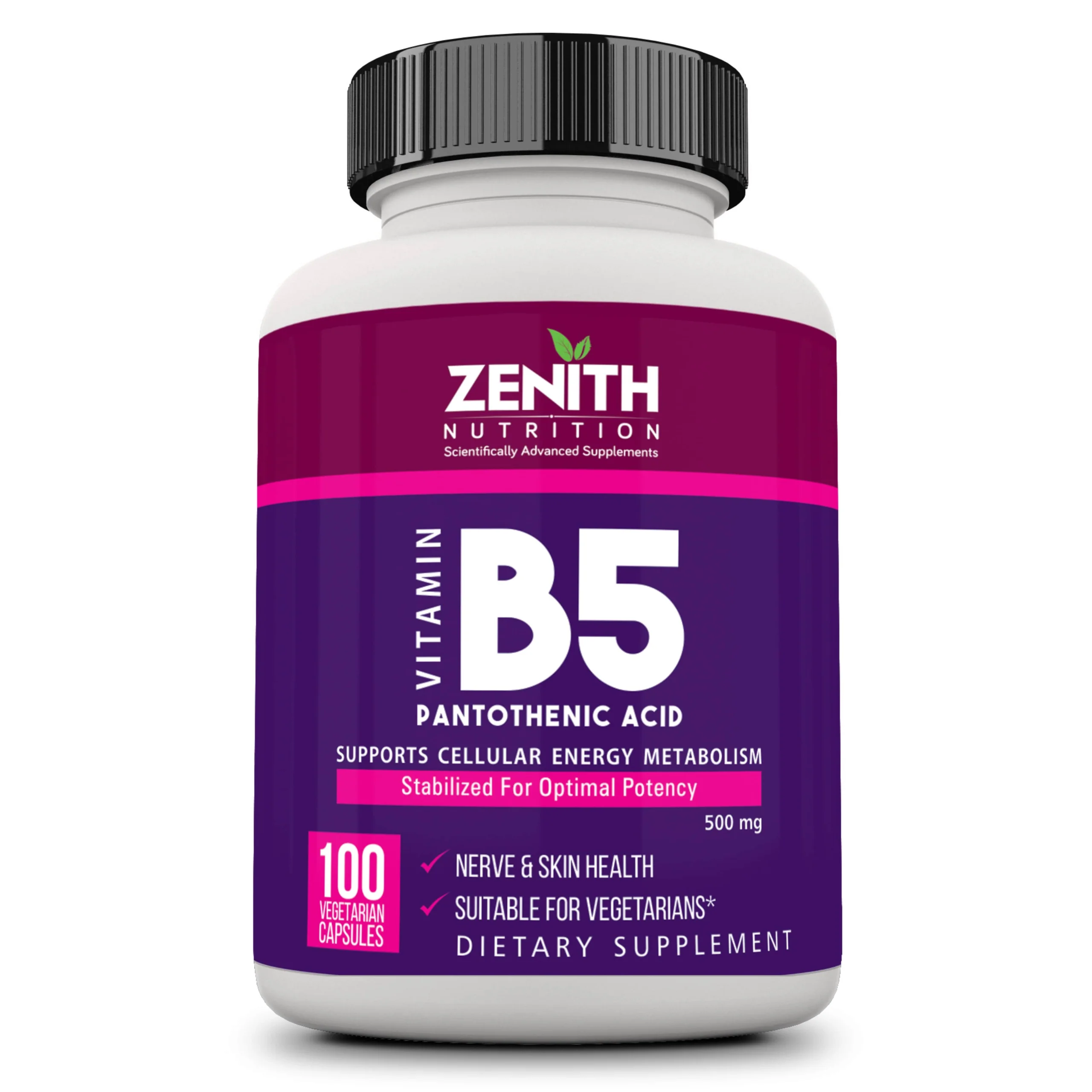




Reviews
There are no reviews yet.